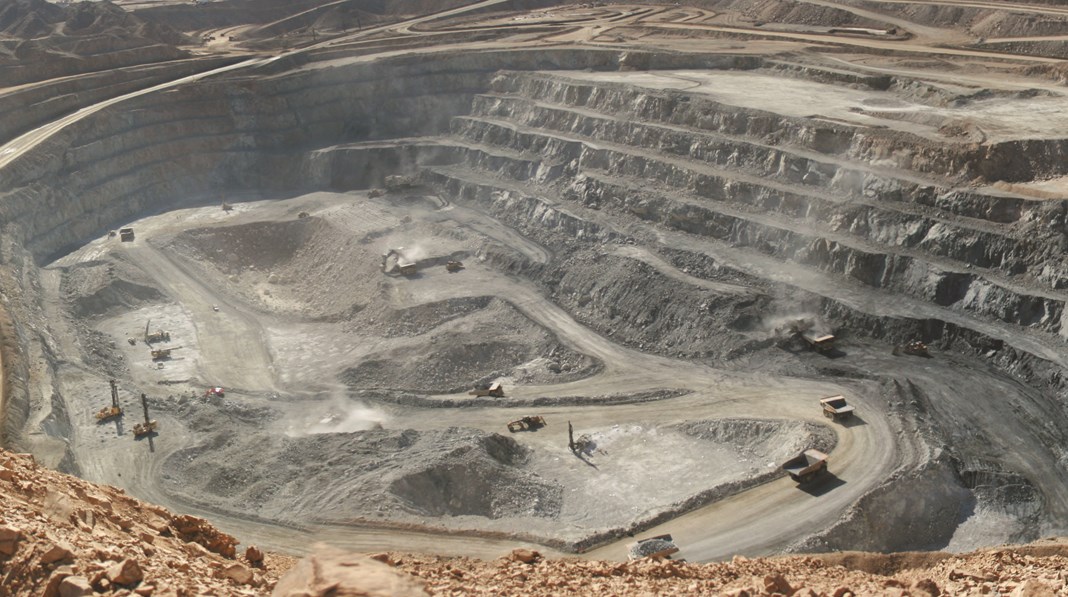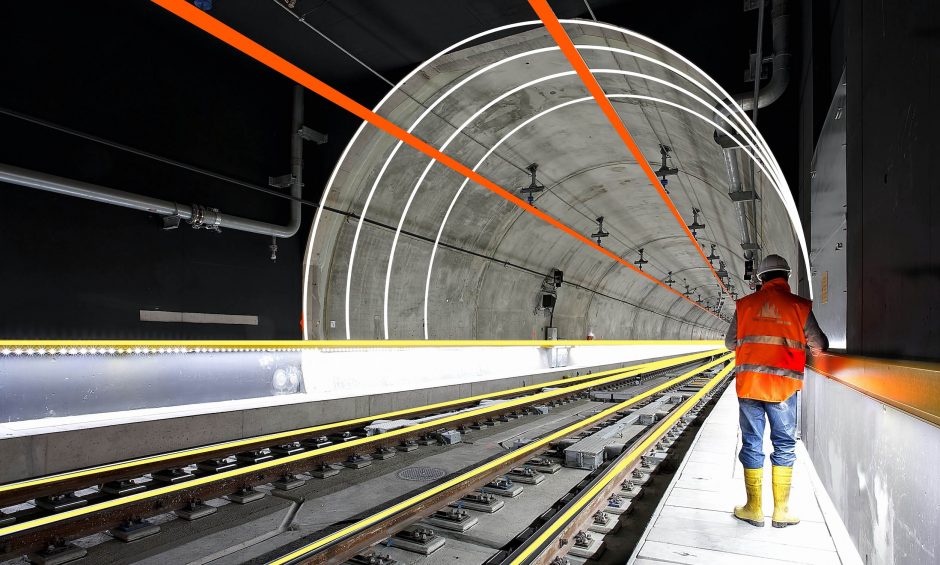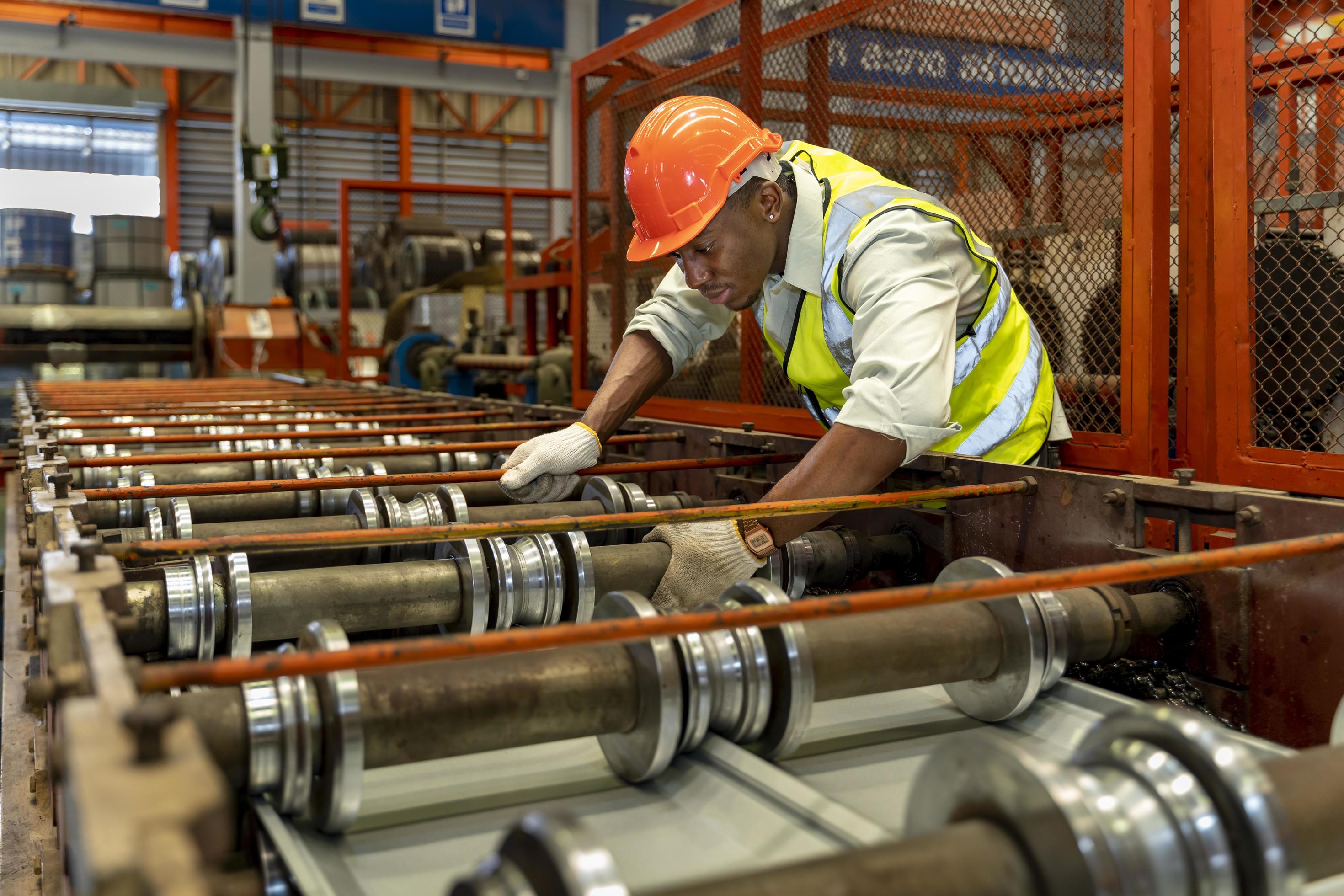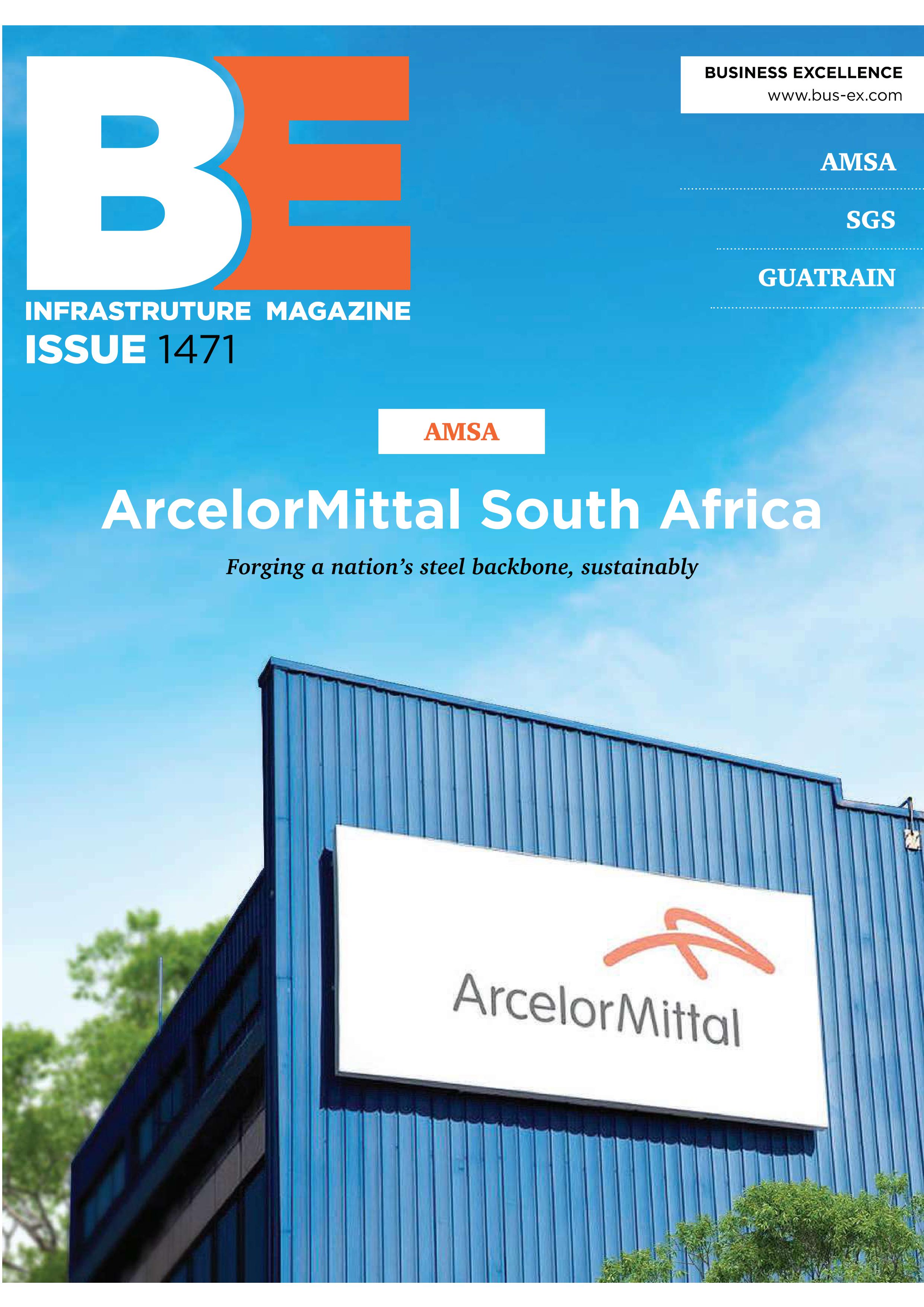Operating in a wide range of marketplaces, Flexicon Piping is well placed to play a role in infrastructure development as Africa takes its place on the world economic stage. Mike Enslin explains to Gay Sutton how the company has diversified during recession.
It may have been a tough few years for businesses around the globe but for Flexicon Piping—a subsidiary of the First Tech Group since 2005—the slowdown in its major marketplace has been an opportunity to strengthen the company by branching out into new industry sectors.
Established in 1987 by current CEO Craig Hanekom, Flexicon is a leading player in the manufacture, fabrication and installation of high density polyethylene (HDPE), polypropylene piping (PP) and polyvinyl chloride (PVC) piping in southern Africa. With its headquarters in Witbank, 125 kilometres east of Johannesburg, the company offers complete turnkey solutions in both large bore and small piping—ranging from 50mm to 1,000mm—working with clients from the feasibility and design stage through manufacture to full pipe work installation.
Each project is assessed for size and volume, and is then assigned to a project manager who provides the personal attention to detail and quality, seeing it through to completion with his own team and crew. When time is of the essence, fast track work can be done to expedite an urgent project. Customer care also extends beyond installation to a range of additional services including pipe work maintenance, and a rapid response team that can be sent out to repair old and broken pipes on a breakdown basis.
For many years, the majority of Flexicon’s work was focused on servicing and supplying Africa’s growing mining sector where the qualities of HDPE piping had been quickly recognised. Strong, lightweight, anticorrosive and highly abrasion resistant, it had proven ideal for safely and reliably carrying mining slurries. But as the economic crisis hit industry around the world, the demand for metals decreased. “We weathered the slowdown of the last few years very well. But it obviously made us look at different industries, where we had previously concentrated largely on mining,” explains Mike Enslin. The company had already began to diversify into civil construction in the run-up to the 2010 World Cup—the huge investments that were being made into national infrastructure, stadiums, hotels and leisure facilities required large amounts of pipe work that Flexicon was able to fulfil.
“We’ve also been heavily involved in the recent boom in power plant construction, and we have diversified into other sectors such as water treatment,” Enslin continues. “However, the mining industry is now continuing to grow and we are working across the whole of southern Africa, in places like the Copper Belt in northern Zambia, Angola and southern DRC. Anywhere that needs to convey water or mining slurries, we can provide the piping.”
Today, Flexicon operates out of five South African branches, and has registered companies in Namibia and Zambia. The location of these offices clearly reflects the importance of the mining focus. The Richards Bay office services the mines of KwaZulu Natal; the Rustenburg branch is close to the nation’s platinum mines; while the Springbok branch is convenient for the diamond mines of the Western Cape as well as other mining interests. The newest office, which was opened in 2009, is located in Port Elizabeth and serves the civils industry in the Eastern Cape area.
Manufacturing is undertaken at a purpose built factory facility at Meyerton, 60 kilometres south of Johannesburg. “Since the takeover by First Tech Group in 2005, the facility has been run for us by our sister company Ogatin, and it continues to manufacture solely for Flexicon,” Enslin explains. Considerable investment has been made into the plant in recent years, including the purchase of four new HDPE extrusion machines capable of extruding pipe ranging from 50mm to 1,000mm. Meanwhile, the majority of the fittings and pulled bends are manufactured at a factory facility located at the Witbank head office.
Some 250 to 300 staff are employed across the organisation, the numbers fluctuating to accommodate the size of projects in progress. For larger projects in particular, increased numbers of skilled welders are required and these staff are employed permanently. For permanent staff, there is a continuous regime of training in place to ensure the highest level of skill and product quality. “We have welders working in the factory on the fabrication work who have been with us for many years,” says Enslin. “And just like the steel industry, we send all our welders to be certified and coded. And that training is ongoing.”
Although the majority of Flexicon’s contracts continue to be with the mining industry, the company also works across a range of other sectors including chemical works, power stations, steel factories, breweries, distilleries and soft drinks factories, oil refineries, sewage works and water treatment plants. One interesting application for the HDPE, PP and PVC piping is in renovating old steel pipelines by the relining or slip lining method. The great benefit of this process is that the new pipe is inserted inside the existing one, and the job can therefore be achieved with the minimum of disruption, resulting in a saving of up to 50 per cent on the cost of a complete replacement.
Among a number of lucrative contracts that Flexicon has completed recently is a two-and-a-half year project for Roshcon—the infrastructure development subsidiary of South African power company Eskom. Valued at R40 million, the contract included the supply and installation of all the water supply systems and sewerage system for the Marapong housing scheme at Ellisrus, which is being constructed to house workers at the new Medupi power station near Lephalale, Limpopo. Eskom has been a regular client for Flexicon, another recent project being the replacement of all the underground pipelines at a nearby power station in Middelburg, Mpumalanga.
Looking at other industry sectors, the company has recently completed a R12 million contract to supply and install overland pipes for the water reclamation project at the Optimum Colliery at Pullen’s Hope, Mpumalanga.
Flexicon continues to extend its influence throughout Africa, recently winning a contract to supply and install HDPE pipework for the oil company Shell in Gabon, replacing the existing galvanised steel piping.
With such a wide portfolio of capabilities, and with Africa touted to become the next major global growth area, the future looks bright for Flexicon—a company that intends to play a significant part in infrastructure development in all corners of the continent. www.flexiconpiping.co.za












